Content

Hệ thống lọc nước mưa: Khái niệm và nguyên lý hoạt động
Update: 05/07/2022
Share:




What is a Rainwater Harvesting System?
Concept
A rainwater harvesting system (or water filtration system) is a method that helps treat rainwater, removing impurities or harmful substances present in this water source. This provides users with safer and higher-quality rainwater. Using this method is considered a very useful solution for areas lacking clean water, effectively saving water usage costs.

Many people living in rural areas still believe that rainwater is pure and can be consumed just by boiling. However, according to water industry experts in large cities, things present in the atmosphere like dust, harmful substances will be washed away and flow with rainwater.
Moreover, rainwater in many places also contains extremely harmful substances. Apart from affecting health, this rainwater also affects household appliances, especially those made from stainless steel... Therefore, using a good rainwater harvesting system will help you treat rainwater, provide quality final water source, ensure safety, allowing you to use it in daily activities such as cooking, bathing, and washing.
Why Do You Need a Rainwater Harvesting System?
Consequences of Not Filtering Rainwater
Rainwater is a free water source used extensively in daily life such as for drinking, bathing, etc. However, unclean rainwater can cause many harmful effects on our lives such as:
- Harmful to health: Rainwater may contain some bacteria and harmful toxins. If used directly without filtration, it can be harmful to human health.
- Severe mineral deficiency in the body: Many people may not know that rainwater contains very few minerals like magnesium, calcium... so if you mainly use rainwater in daily life, it can lead to a severe lack of essential minerals, causing diseases like osteoporosis, reduced immunity.
- Affects the digestive system: No matter how clean it is, rainwater still contains many chemicals. Besides, if not properly stored, the place containing rainwater will be a favorable environment for bacteria to grow and thrive.
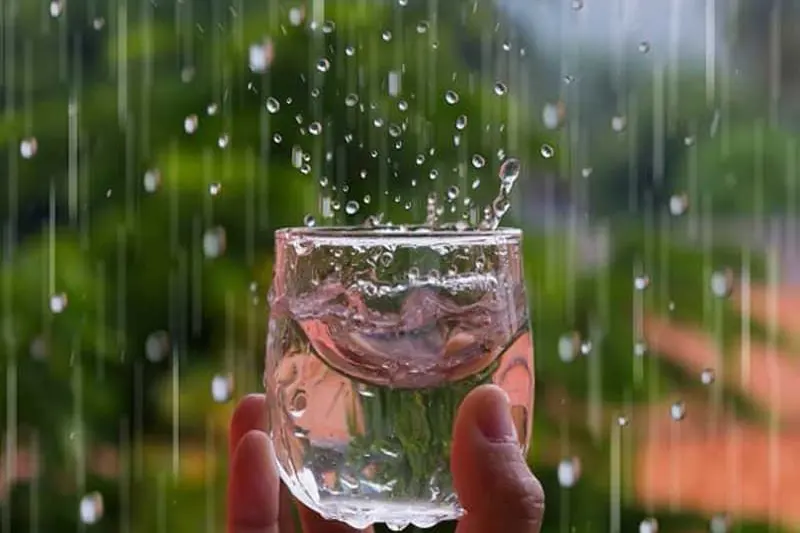
Due to the above issues, when using untreated rainwater, you and your family are at risk of digestive diseases. However, with an effective filtration method, rainwater will minimize harmful substances, help protect health, and save a considerable amount of money when using tap water. Currently, this process is being applied in various provinces and cities in Vietnam.
Benefits of Rainwater Harvesting System
Equipping a rainwater harvesting system will bring outstanding benefits such as:
- Ensuring health for users, softening hair, beautifying skin.
- Removing pesticides, heavy metals in rainwater.
- Saving costs.
- Helping clothes last longer when washed.
With the above benefits, installing a rainwater harvesting system is crucial to ensure the safest use of available water. Especially in water-scarce areas, using a rainwater filtration process helps save costs while meeting users' needs. It can be said that this is a correct and cost-effective direction to address the current water pollution situation.
Operating Principle of Rainwater Treatment System
As mentioned, untreated rainwater poses a very high potential risk, causing harm to our health. With many years of operation in the industry, Toan A Company has been installing rainwater filtration systems that meet QC01 standards to help households, factories, and enterprises have quality water for daily use, ensuring safety with a specific process and operating principle as follows:
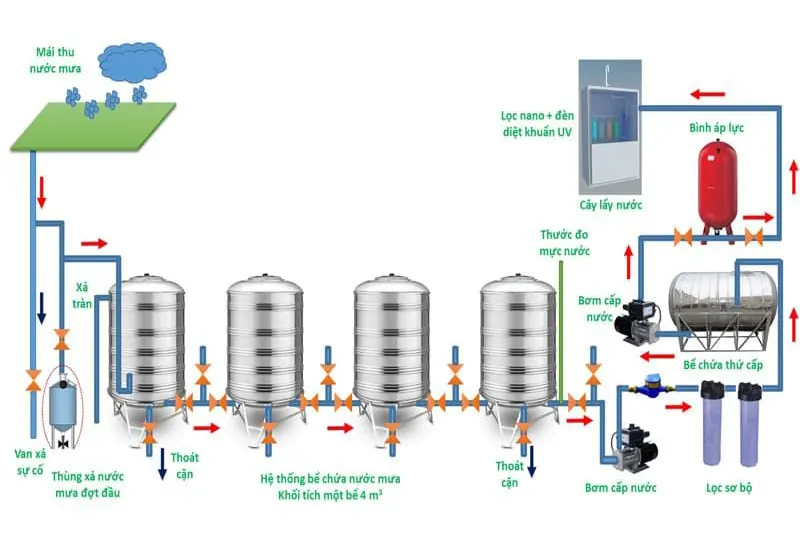
Stage 1: Rainwater Collection
Rainwater is preferably collected for filtration, especially rainwater on the roof. This is the water source with the shortest distance of travel and is therefore considered the cleanest. This water is not carried along with impurities and dirt compared to rainwater flowing on the surface.
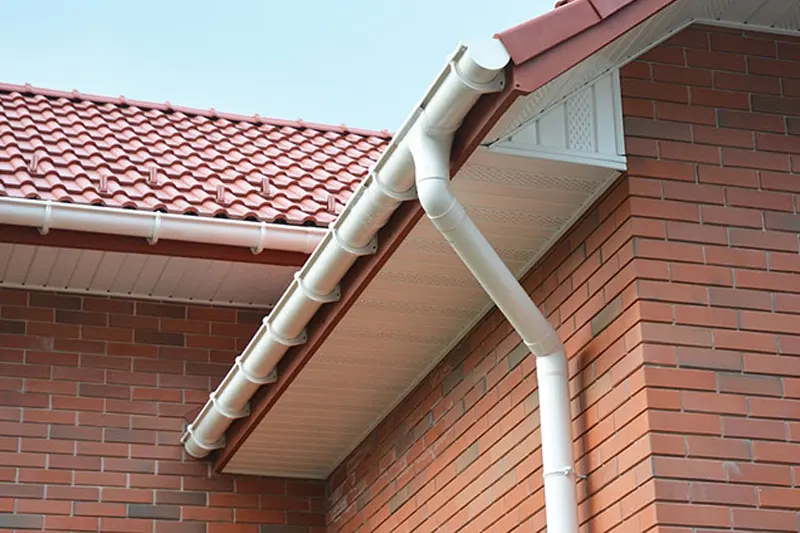
At this stage, a gutter system (roof rainwater collection) needs to be installed. Before collecting the rainwater into the tank, it will automatically open based on a sensor mechanism. When it rains, the sensor detects and sends a signal to the control unit. Then, it provides power to start the motor to rotate the shaft and pull the roof rainwater collector out to collect water. When the rain stops, the roof will automatically retract.
Stage 2: Rainwater Filtration
After being collected, rainwater will flow through 2 filter tanks for purification. The tanks contain filtering materials such as: Activated carbon, gravel, quartz sand, ion exchange resin, layers of stones to facilitate flow...
.webp)
As rainwater passes through the 2 filter tanks, going through many layers of filtering materials will completely remove dirt, harmful substances, impurities, and organic compounds in the water. At the same time, it eliminates and treats harmful bacteria for human health.
Stage 3: Rainwater Storage Tank
After filtration, the water will be moved to a storage tank. This water can be used for daily activities, irrigation. Moreover, if you want to continue treating it for drinking water, you can install 1 - 2 preliminary filters combined with a nano water filter and UV light so you can use it directly with peace of mind.
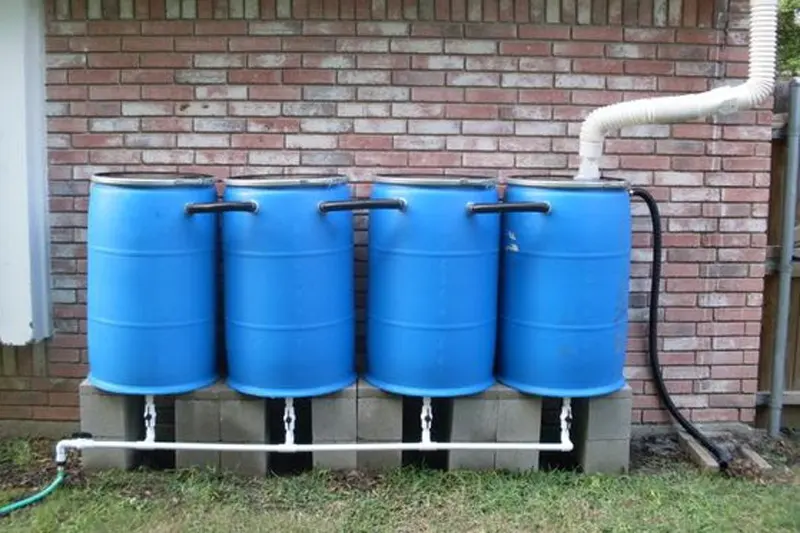
Rainwater has been filtered through evaporation and natural condensation mechanisms, making it relatively safe compared to sources of hard water, saltwater... Therefore, the rainwater filtration method is much more cost-effective and efficient. The filtering materials are easy to find, easy to replace, and maintain when necessary. Moreover, the simple structure makes it very user-friendly, easy to assemble and disassemble. If the area you live in is heavily polluted with water, using rainwater for daily activities through a rainwater treatment system is essential.
If you have the need to install a rainwater harvesting system to utilize the available water source, please contact Toan A JSC at 0913.543.469 for online advice from our experts.
Update: 05/07/2022
Share:




Related news
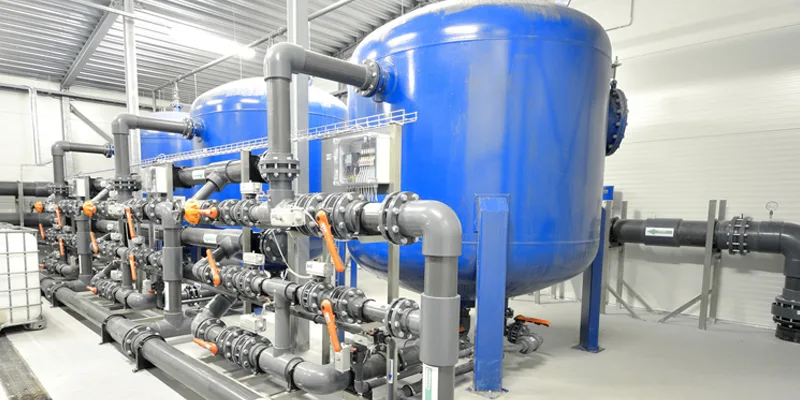
Water treatment systems for boilers: Structure and operation process
The water treatment system for steam boilers is an important investment to ensure the efficient, safe, and durable operation of the boiler. By selecting and operating the appropriate water treatment equipment, businesses can save costs, increase productivity, and protect the environment.
Created at: 06/07/2024
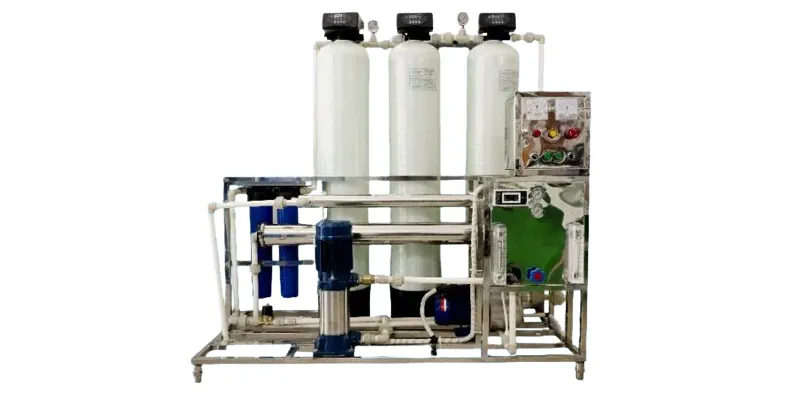
Industrial Nano Water Filtration System - Efficient & Cost-effective
The Industrial Nano Water Filtration System is the optimal solution for removing impurities, bacteria, and harmful substances, ensuring the quality of the water input for the production process.
Created at: 05/07/2024
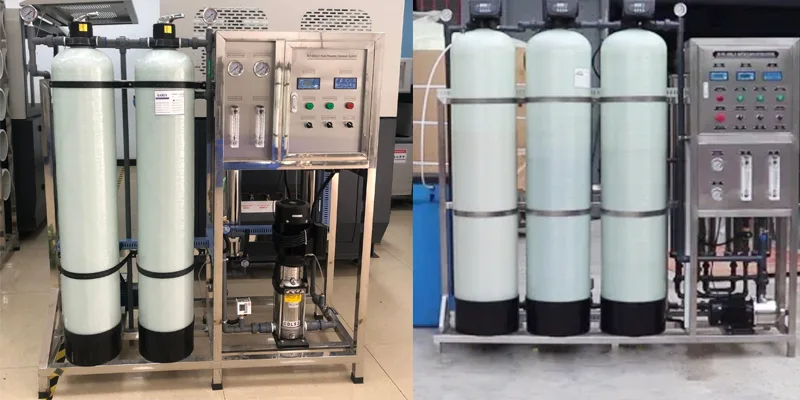
Water filtration systems for household use, treating domestic water.
Household iron removal water filtration systems are designed to remove iron and other impurities, aiming to improve the water quality for domestic use.
Created at: 04/07/2024




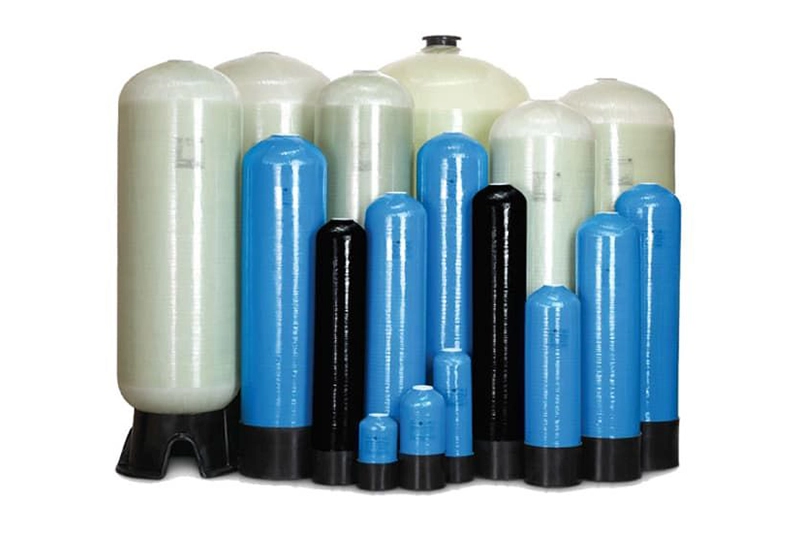
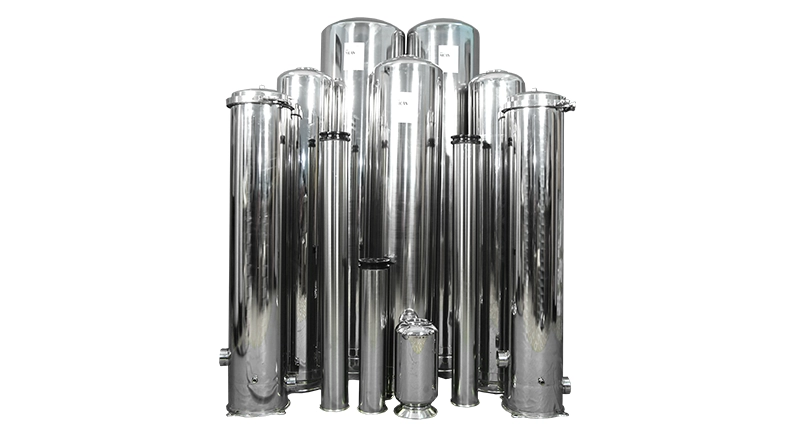
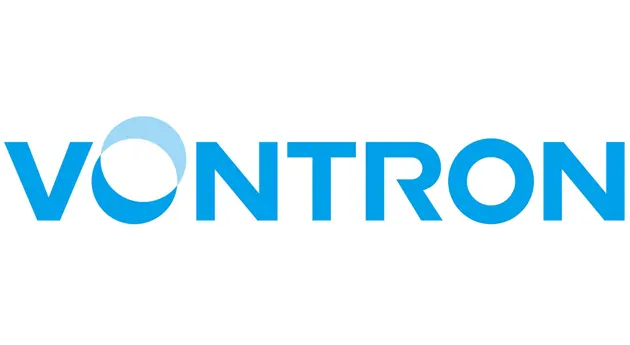
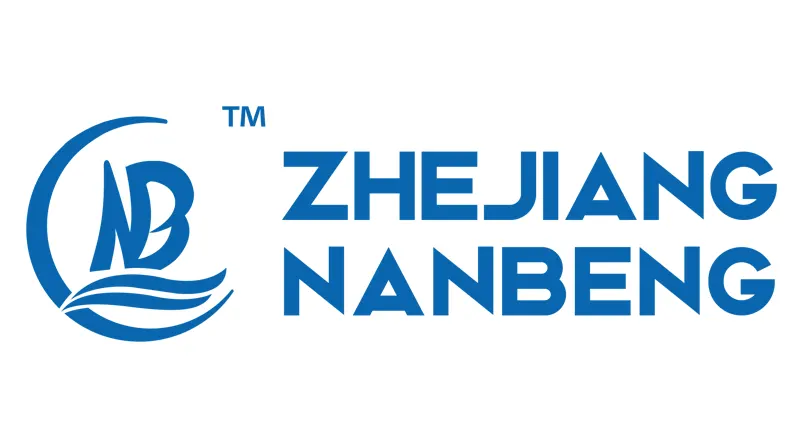
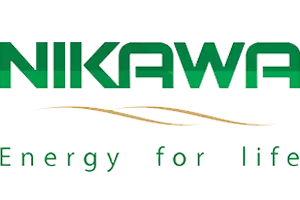
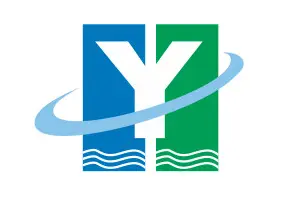
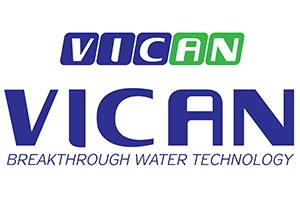
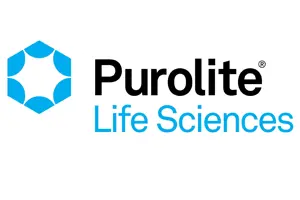
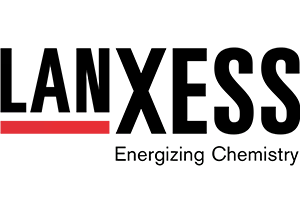




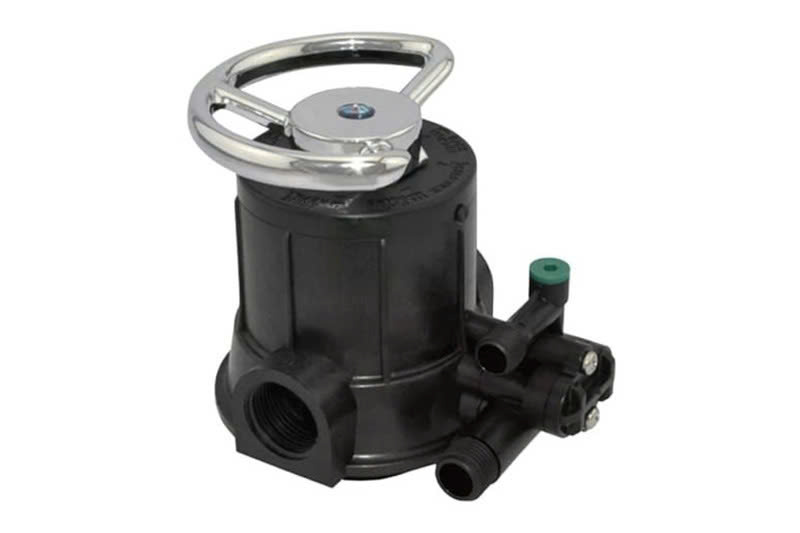
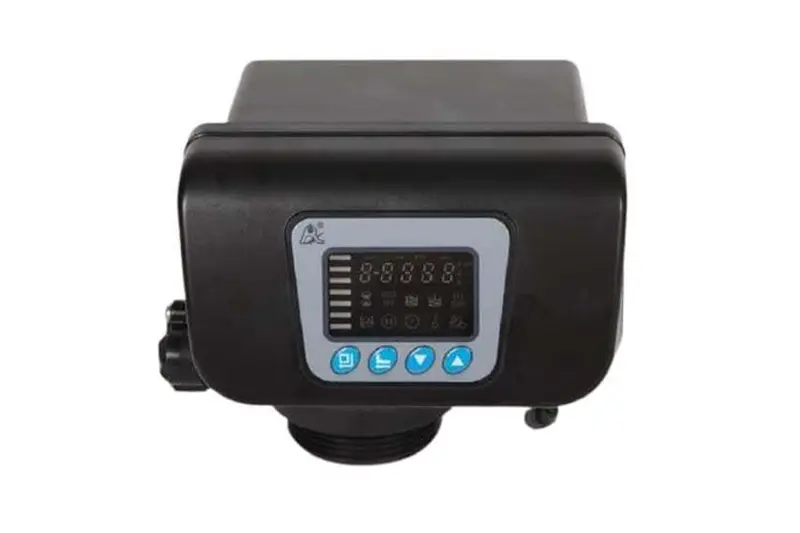


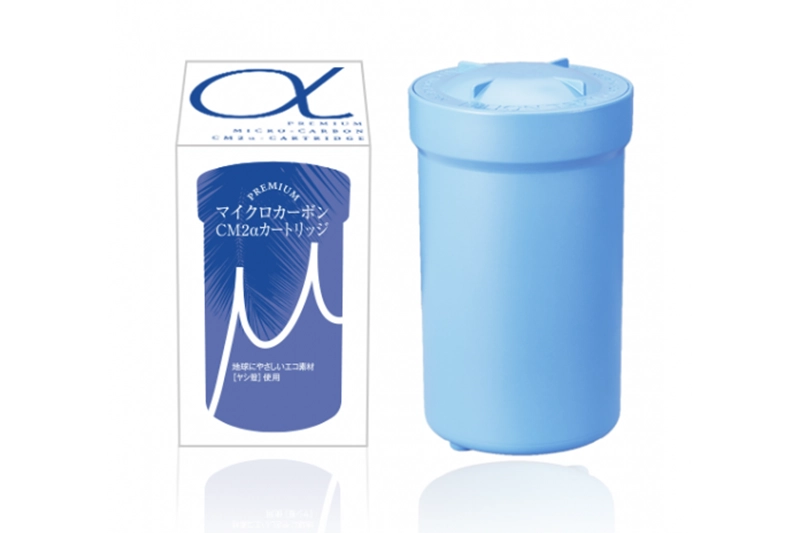
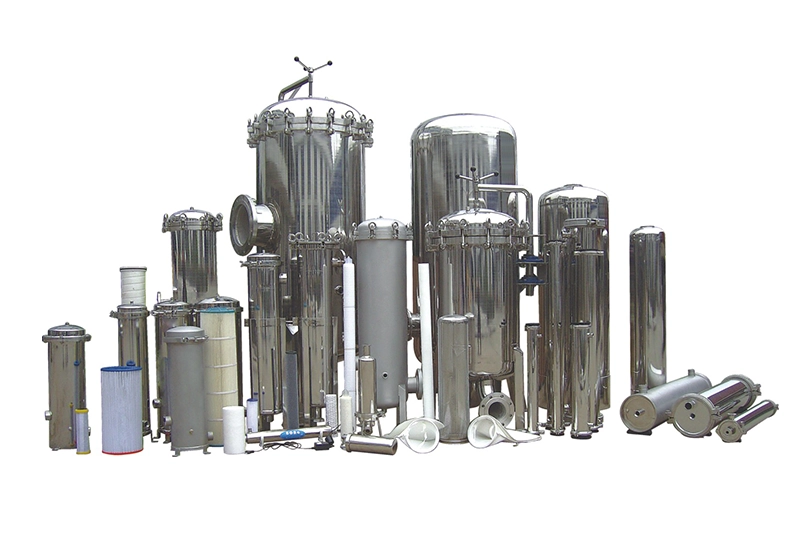
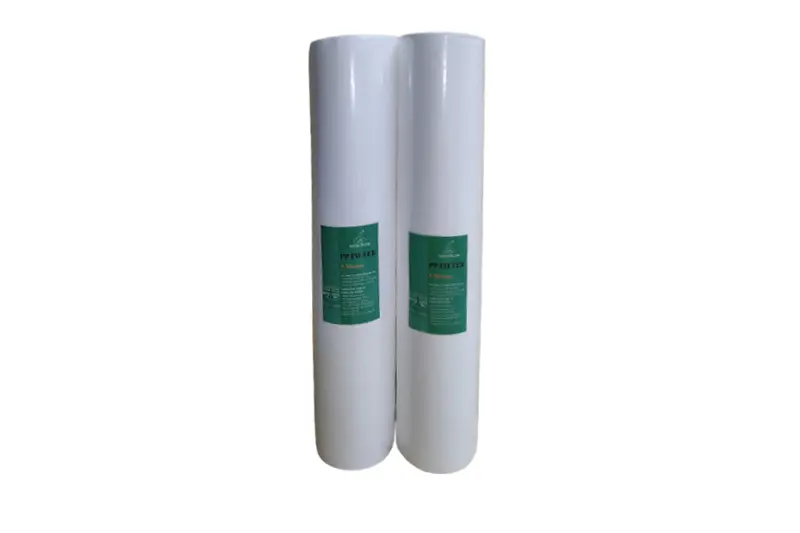
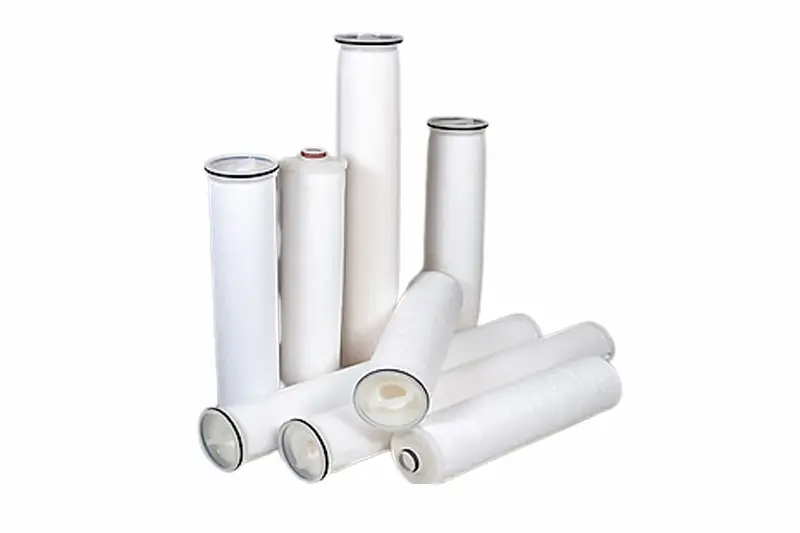


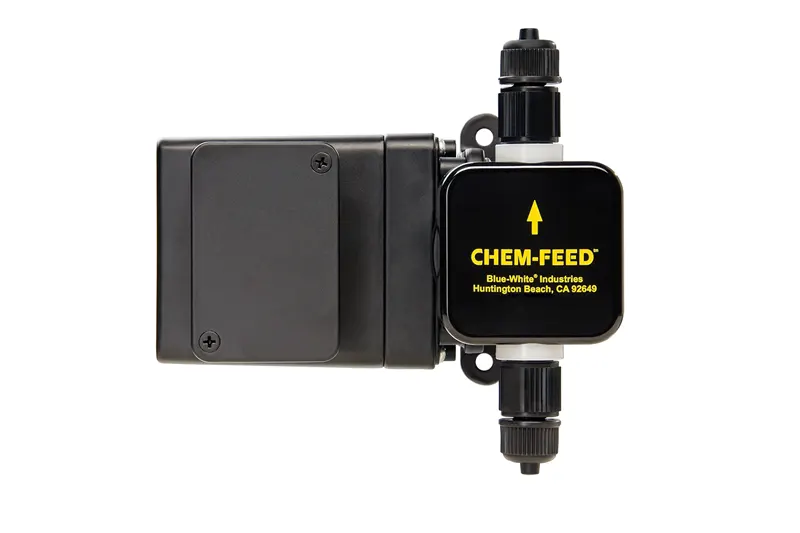
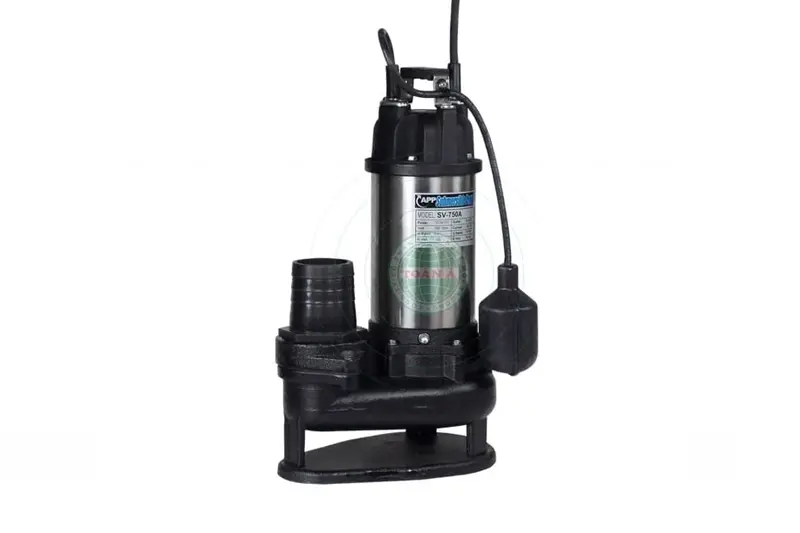
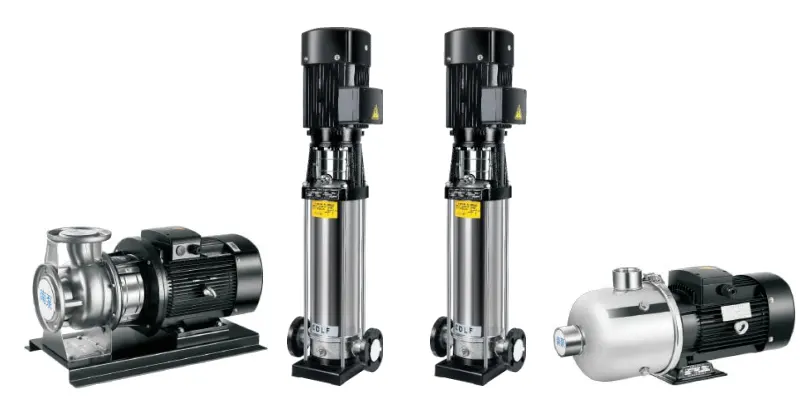


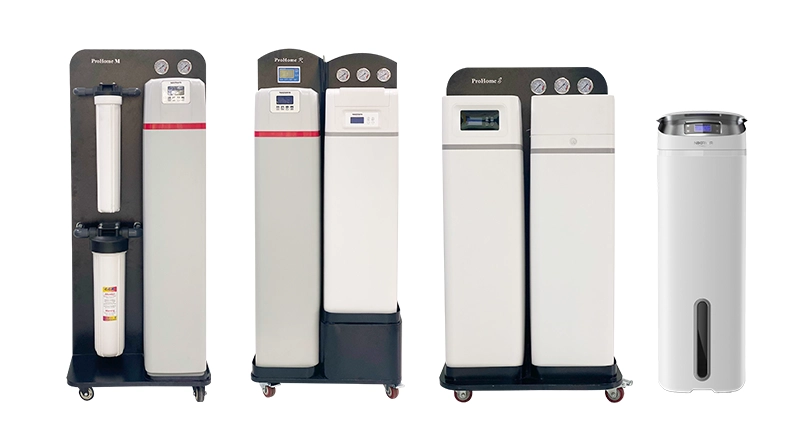
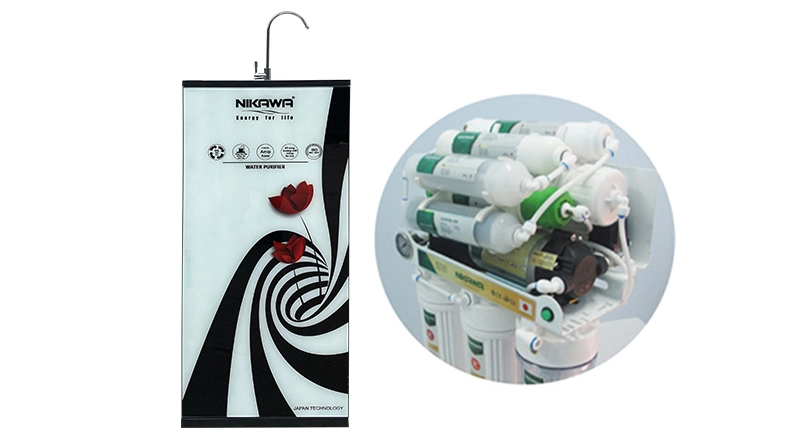
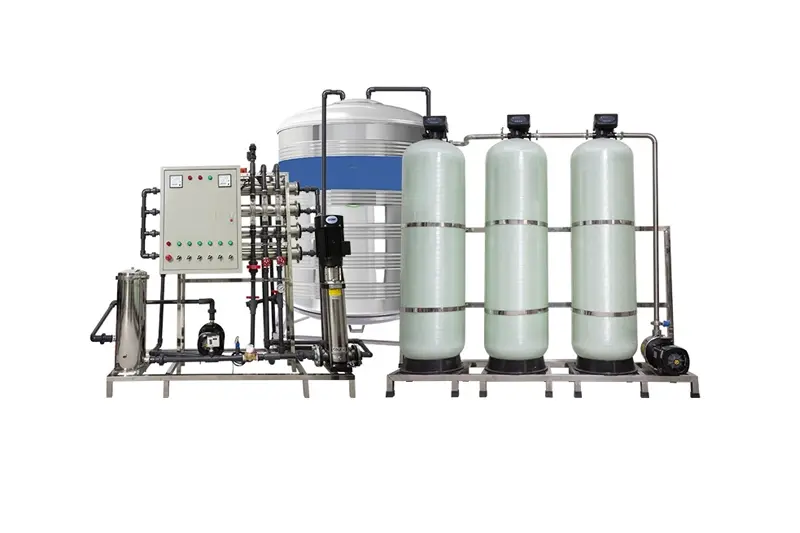
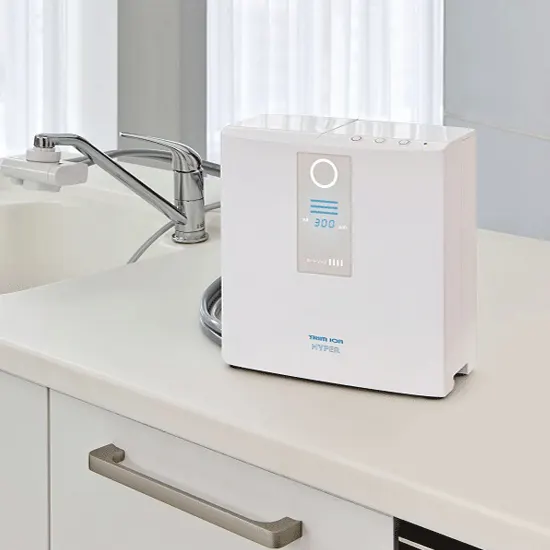
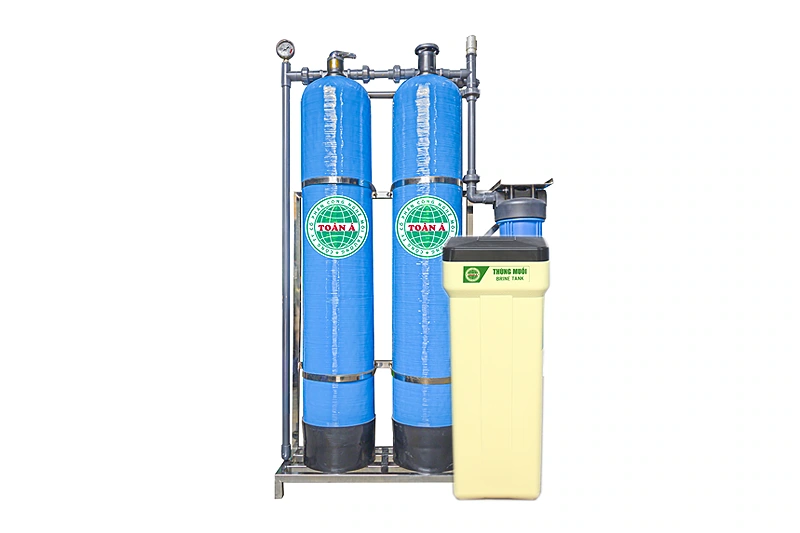


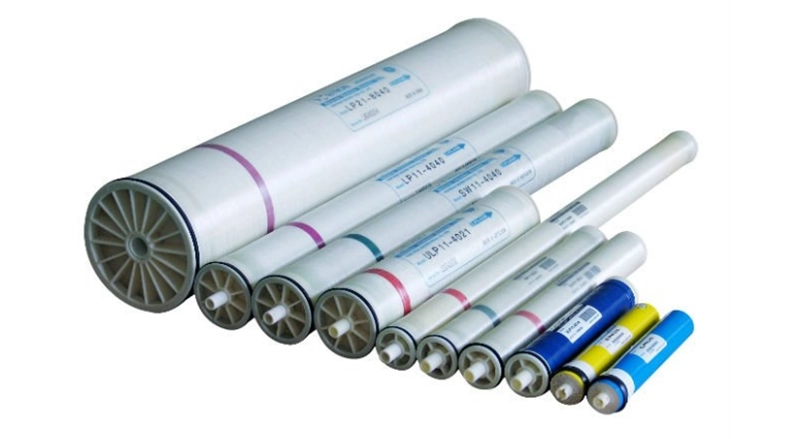
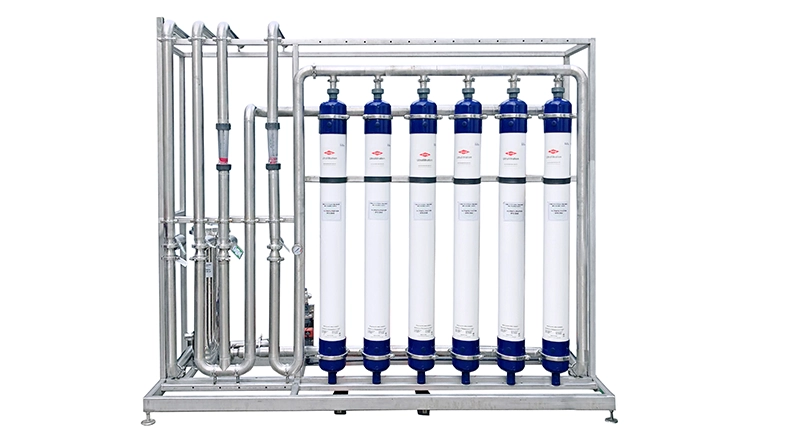


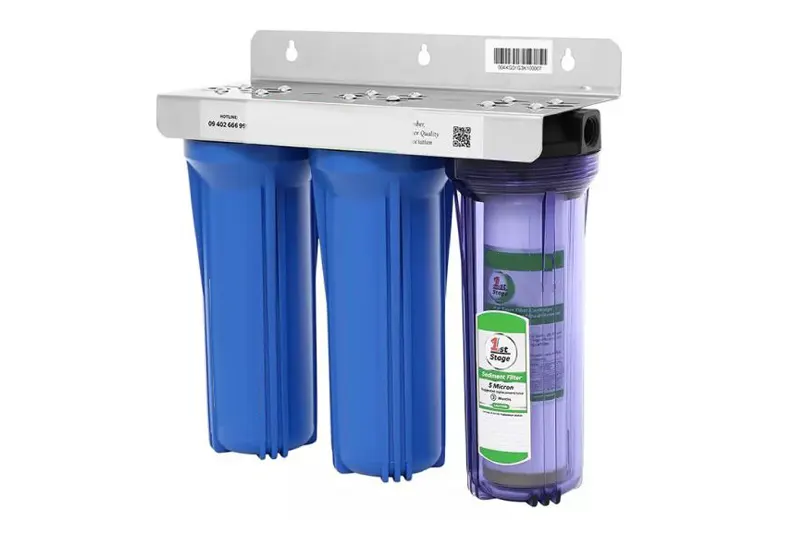
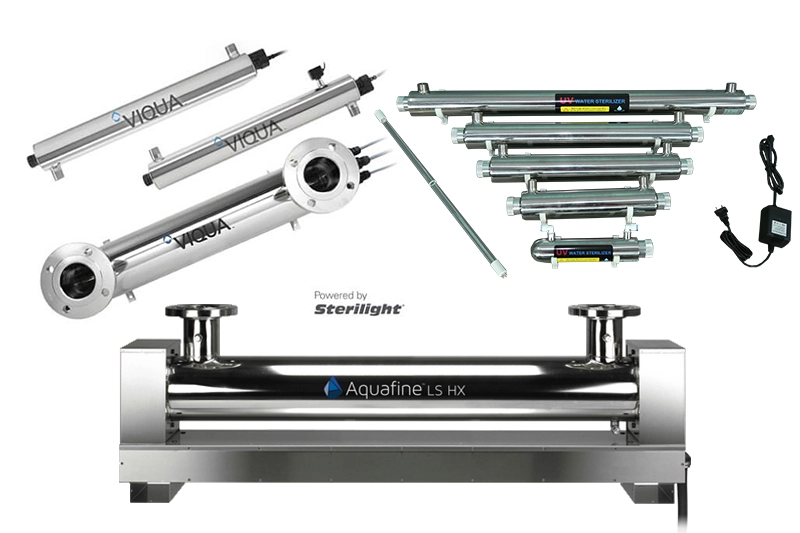
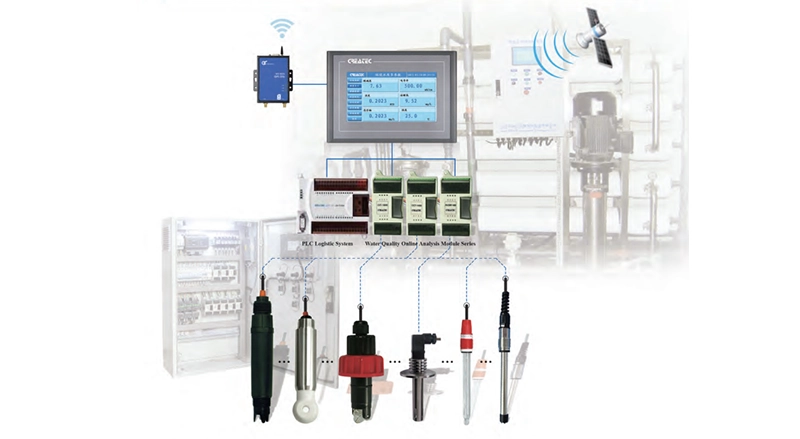
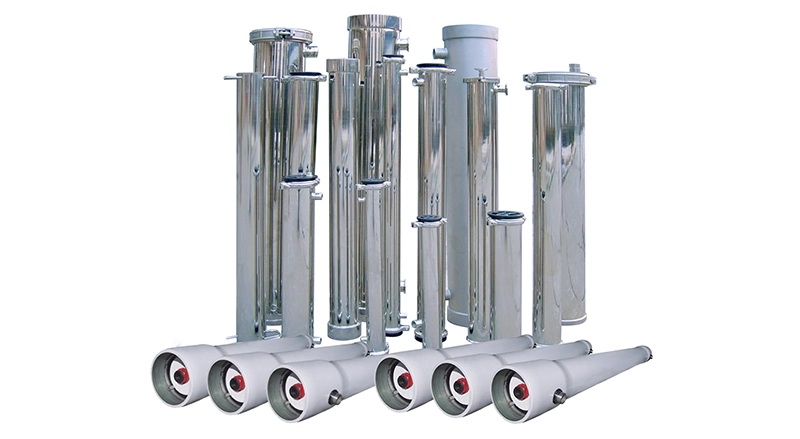
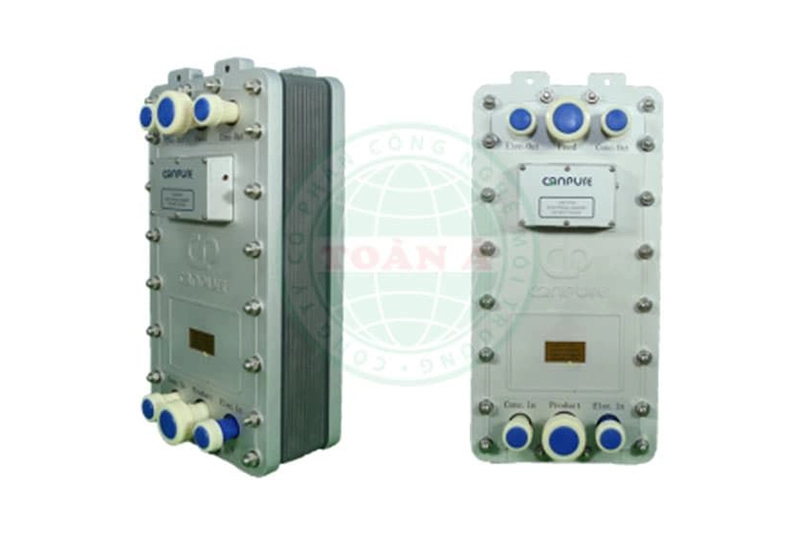
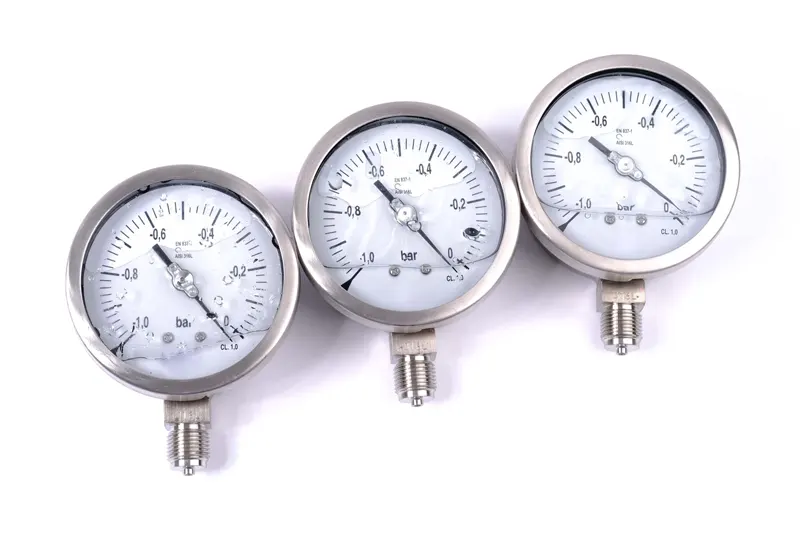
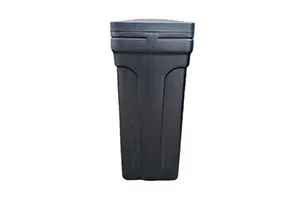


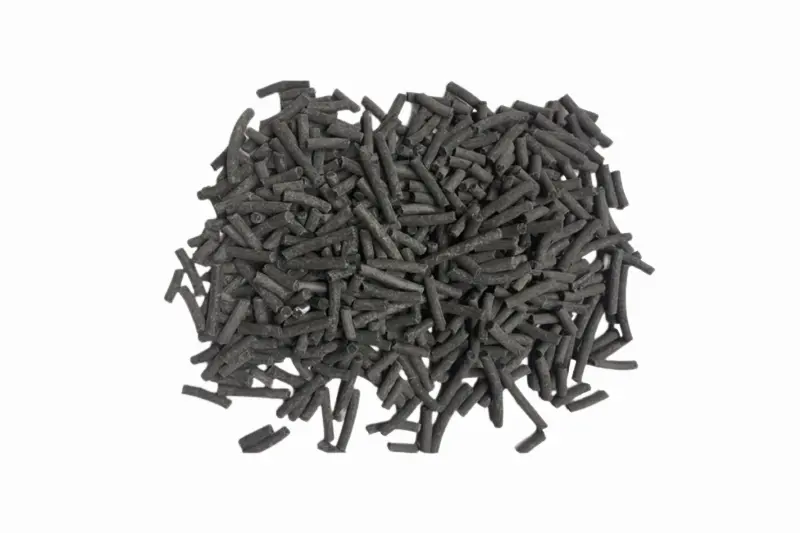
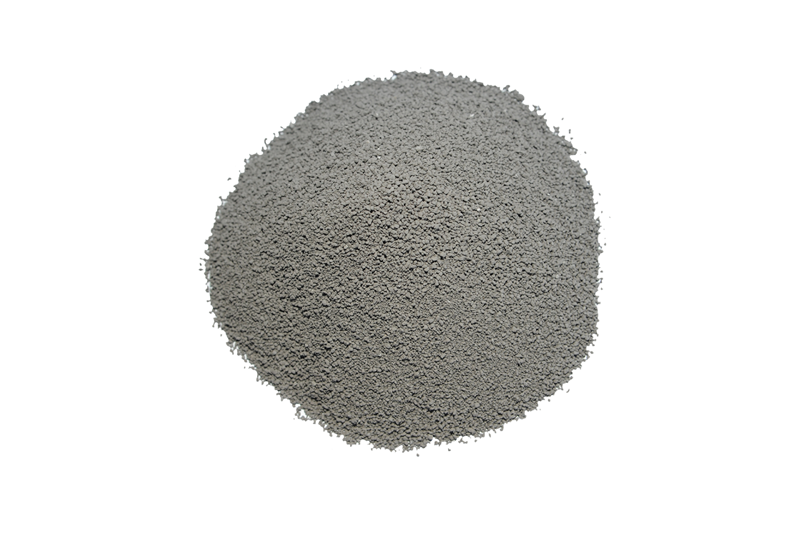
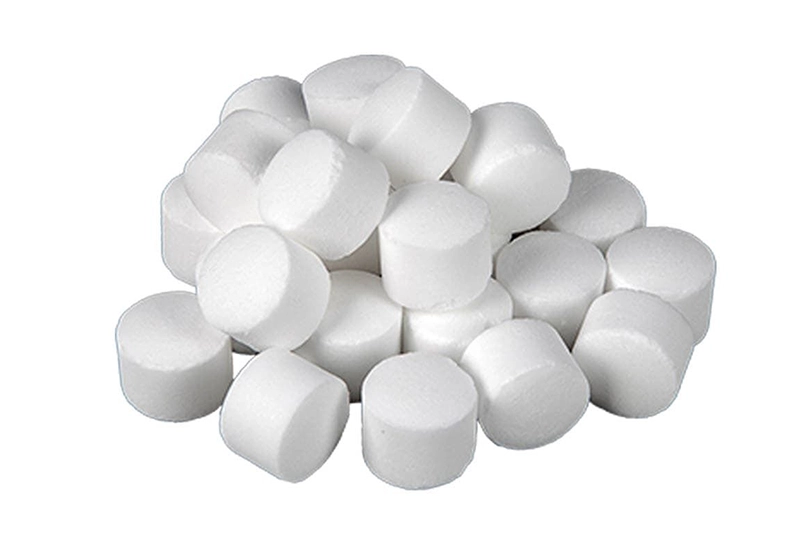
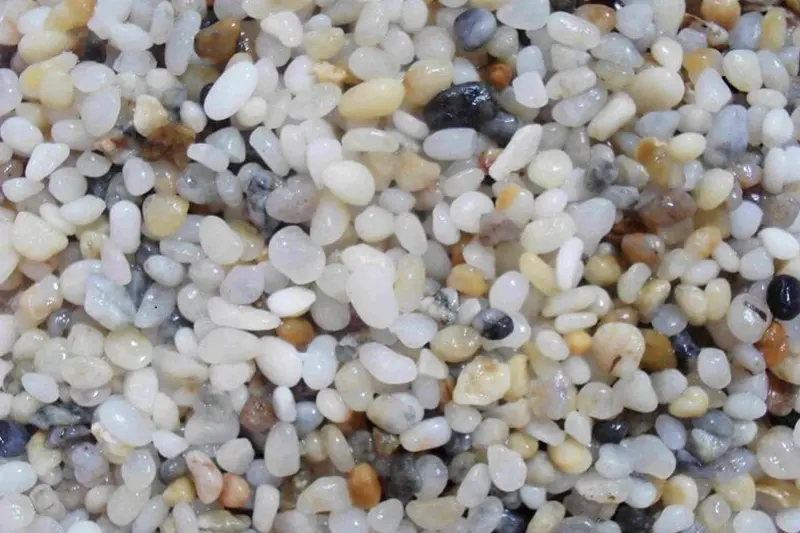
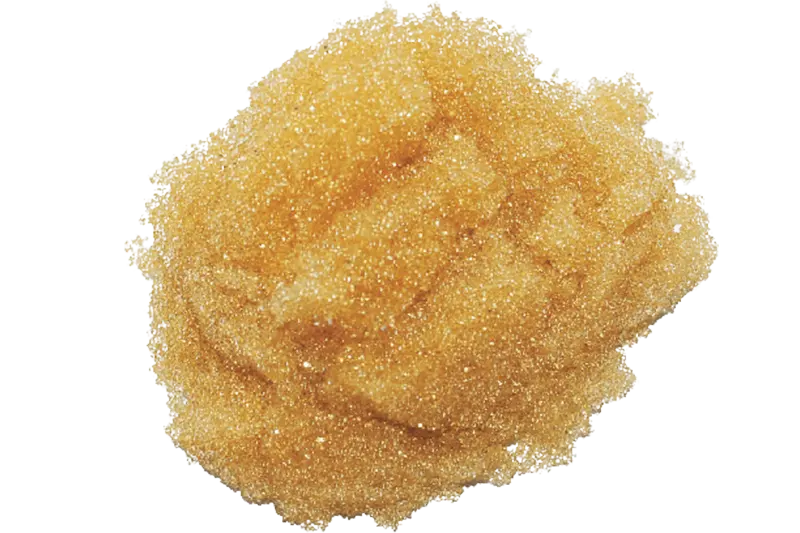




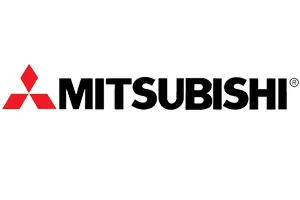
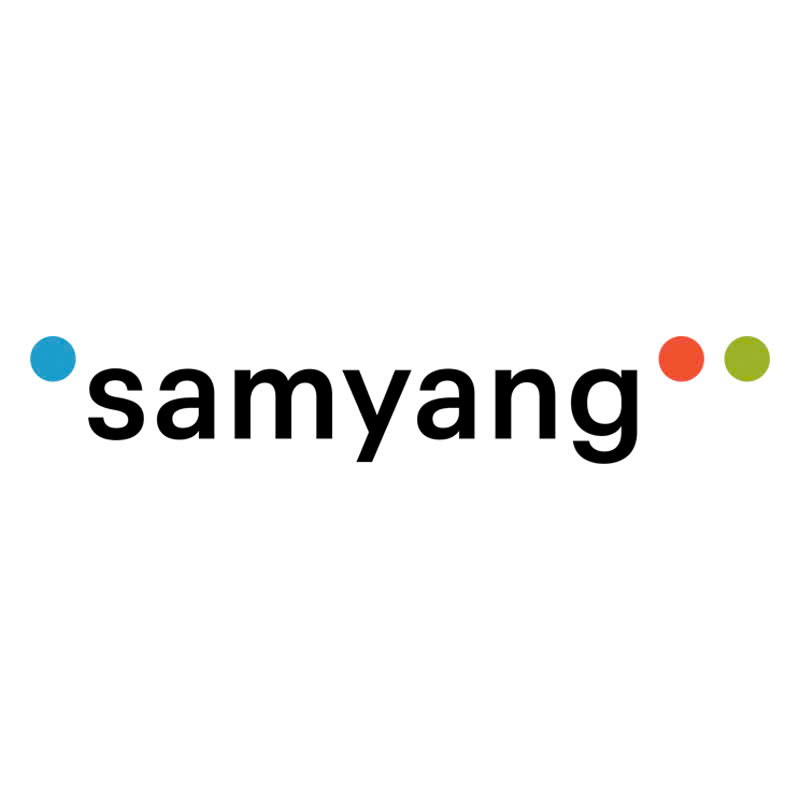
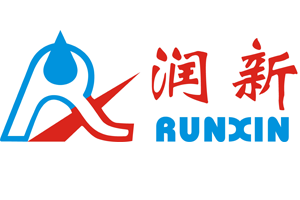
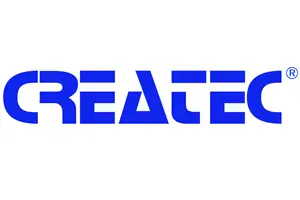
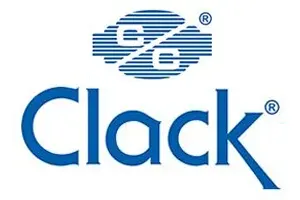
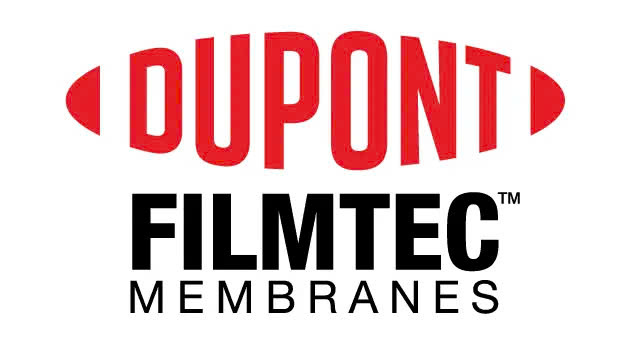
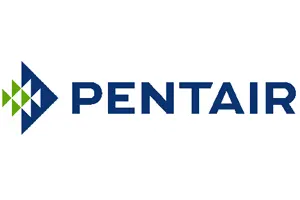
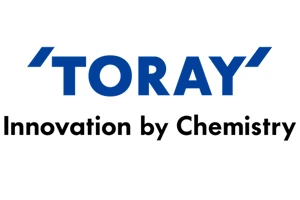

 Water Filter Columns
Water Filter Columns
 Water Filtration Membranes
Water Filtration Membranes
 Control Valves
Control Valves
 Water Filter Cartridges
Water Filter Cartridges
 Water Pumps
Water Pumps
 Water Filtration Equipment
Water Filtration Equipment
 Water Filtration Components
Water Filtration Components
 Water Filtration Materials
Water Filtration Materials
 Heat Pump Water Heaters
Heat Pump Water Heaters



 Products
Products  Solutions
Solutions  Project
Project  News
News